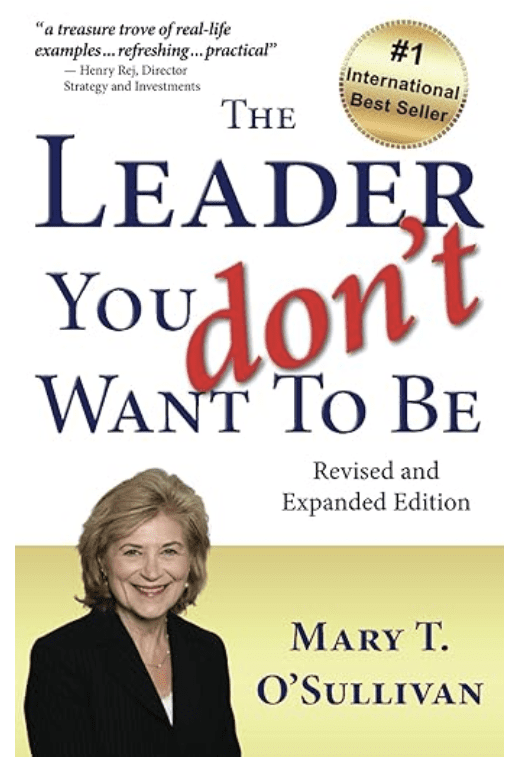Search Posts
Recent Posts
- U.S. Carries Out Limited Strike on Iran’s Known Nuclear Sites June 22, 2025
- A Greener View: E. Coli vs. Vegetables, and Your Garden – Jeff Rugg June 22, 2025
- Rhode Island Weather for June 22, 2025 – Jack Donnelly June 22, 2025
- Ask Chef Walter: The Art and Science of Baking – Chef Walter Potenza June 22, 2025
- Gimme’ Shelter: Aurora is waiting for a home at the Providence Animal Control Center June 22, 2025
Categories
Subscribe!
Thanks for subscribing! Please check your email for further instructions.

Why Gen Z men need a leader – Mary T. O’Sullivan
by Mary T. O’Sullivan, contributing writer, business leadership
“Men my age, from a very young age we were told, ‘You’re not supposed to do this, you’re not supposed to do that, you’re just supposed to sit here and be quiet,’” he said. It’s made being a man “a little bit harder than it used to be.” – 20-year-old Ranger Irwin in the New York Times
Although women have made significant strides in career and higher levels of education, a segment of men, young men, Generation Z, feels they’ve been overlooked and left behind. A recent study from Kings College London reveals that men, ages 16-29 see the rise of feminism as negative. In fact, 16% of them feel that feminism has done more harm than good, a larger percentage than any other male demographic.
The study further reveals that 25% of Gen Z men believe it’s harder to be a man than a woman today, an ironic thought after centuries of male dominance and the ultimate evolution of a well-established patriarchy. “[Young men] hear a lot about girl power but don’t… understand the inequalities that we know are in the world… ” says Prof. Rosie Campbell, director of the Global Institute for Women’s Leadership at King’s College. Their generation didn’t experience the female battles of the 1960s and 1970s, although some of women’s healthcare progress has recently been rolled back. These men are sensing a void that does not address them, and apparently, social media megaphones are filling it.
Gen Z men are attracted to “click bait” that tout “masculine” themes such as “’forthright aggression” as an alternative to ‘cringing defeat’”. Even though much of the appeal is outright misogynistic, among 37% of Gen Z men the term “toxic masculinity” is unpopular because it paints a generalization about men showing them to be insensitive boors, sexual aggressors, entitled, and violent, often a reflection of cultural norms around the world. However odious these qualities may seem, young men are now more than ever attracted to other, older men, who exude these qualities: disrespect for women, sexually aggressive, physically and mentally strong, non-emotional, rejecting of help, and “worthy” only if they achieve wealth, power, status, and influence. These figures understand that their examples will attract Gen Z men to them and are more than willing to capitalize on the expected backlash.
In addition, how young men learn about current events and news has changed since the dark ages of newspapers and authority figures. The New York Times reported recently how young men get their news: “…younger men in particular don’t turn to the traditional sources of news that a lot of us think of. They don’t watch cable news. They don’t read newspapers, either in dead tree version or online. They mostly get their news from social media. A recent Pew poll shows that four in 10 voters under 30 get much of their news from TikTok… The connection between younger voters, and younger men in particular, and traditional media has been largely severed in a lot of ways.”
“For a lot of these men who are particularly distrustful of institutions, cynical about politics, feel victimized by various social trends that have happened, [a strong man figure is their antihero,] and [can speak] to them in a lot of ways.” (NYT). The one who puts in the time will win the favor of these Gen Z men. In fact, a poll recently taken of high school senior boys shows that males in that age group have grown significantly more conservative while their female counterparts became more liberal.
And their language reflects their disassociation with mainstream society. The New York Times describes teenage male slang as “a distinct language created for a society that’s characterized,… by collapsing institutions, erosions in trust and a loss of faith in a shared sense of meaning.” With society largely focusing on feminist issues in the last 50 years, neglect felt by young men, a lack of understanding and consciously tending to them, have created cynics, even more so than the boomers who protested in the 1970s. The newest slang words of the Z generation: “mid” – anything Starbucks, “glaze” – online reality, “sus” – suspect, “cringe” – fake sincerity, “based” based in fact, etc. reflect a distrust of the society they find themselves a part of. Of these, “based” resounds as the most important. For the Gen Z male, “to encounter something based in reality is rare enough to deserve its own distinct shorthand.”
So, this leaves an opening for a leader to find that wedge to fill that void. With the number of young men demonstrating misogynistic tendencies, attraction to “strong men” with wealth, power, and influence, someone is sure to jump in and take command of this group. The old male stereotypes thought to be vanquished years ago are now becoming mainstream with this group.
No one would think that a “Don Draper” type from Mad Men would emerge as a credible force in 2024. But with this group, who have sensed disenfranchisement, the seeds have been sown for a malevolent force in the guise of a leader to swoop in and charm them. And no one has yet broken the code. How to rupture this fever that could devastate societal progress since the addition of 19th Amendment to the Constitution of the United States in 1919?
Gen Z men are in crisis. The leader will emerge who shows these men they are valued and listened to. As Marshall McLuhan, said “The Media is the Message”. The one with the biggest megaphone is the one who will be heard.
“Ideology tends to split along gender lines — men are generally more conservative, and women more liberal. While this trend has been true for generations, it is far more pronounced for Generation Z.” – Solsten
___


Mary T. O’Sullivan, Master of Science, Organizational Leadership, International Coaching Federation Professional Certified Coach, Society of Human Resource Management, “Senior Certified Professional. Graduate Certificate in Executive and Professional Career Coaching, University of Texas at Dallas.
Member, Beta Gamma Sigma, the International Honor Society.
Advanced Studies in Education from Montclair University, SUNY Oswego and Syracuse University.
Mary is also a certified Six Sigma Specialist, Contract Specialist, IPT Leader and holds a Certificate in Essentials of Human Resource Management from SHRM.contributing writer, business leadership.
